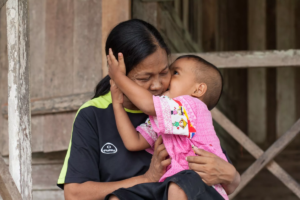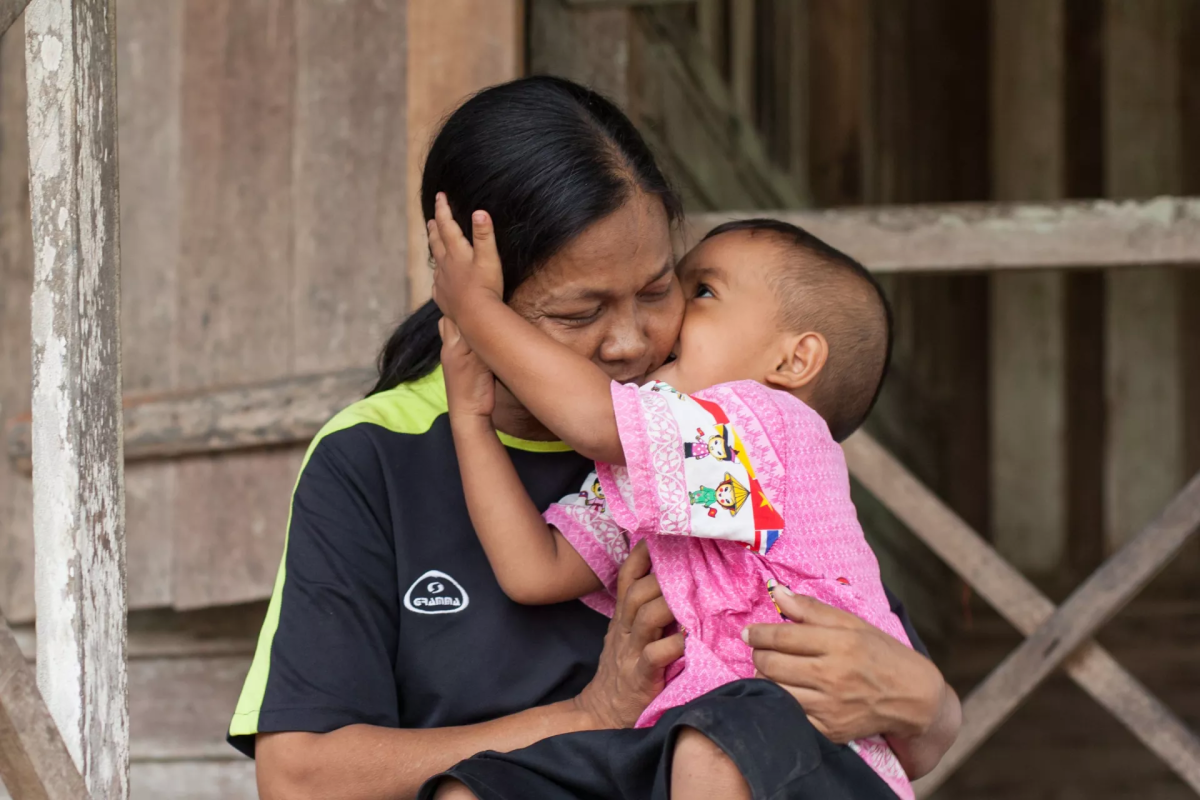 Thailand faces record low births sparking Population Concerns
Thailand faces record low births sparking Population Concerns
In a remarkable demographic shift, Thailand has reported fewer than 500,000 births in a single year for the first time in 75 years. In 2024, only 462,240 babies were born, a significant drop from the previous year’s 519,000. Mahidol University’s expert, Associate Professor Chalermpol Chamchan, emphasised that this marks the fourth consecutive year where mortalities surpassed births, underscoring a demographic dilemma.
The total fertility rate in Thailand has plummeted to a concerning 1.0, below Japan’s 1.2, aligning more closely with nations like South Korea and Singapore known for their low birth rates. Projections are grim, forecasting a dramatic population decrease from 66 million to a mere 40 million over the next 50 years. Correspondingly, the workforce could dwindle by 15 million, raising alarms over future labour shortages and economic ramifications.
Efforts by the government, such as the campaign ‘Have Children for the Nation,’ have yet to substantially sway public sentiment. A recent survey revealed that only 35.8% of respondents definitely intend to have children. An additional 29.9% are ambivalent, presenting an opportunity for targeted policies to bolster this number to over 60%, according to Chalermpol.
Contributing to this trend are economic hardships, environmental pollution, and deteriorating living conditions, dissuading prospective parents. The Interior Ministry’s data corroborate these findings; Thailand’s population saw a minor decline of 0.06% by the end of 2023, decreasing by 37,860 individuals.
Thailand now ranks among the globe’s top three countries grappling with the steepest birth rate declines, boasting an 81% drop over the last 74 years. This significant decrease has even put Thailand ahead of Japan, highlighting a pressing global concern of contracting populations. As the country navigates these challenges, strategic policymaking and societal shifts are imperative to address the burgeoning demographic crisis.



